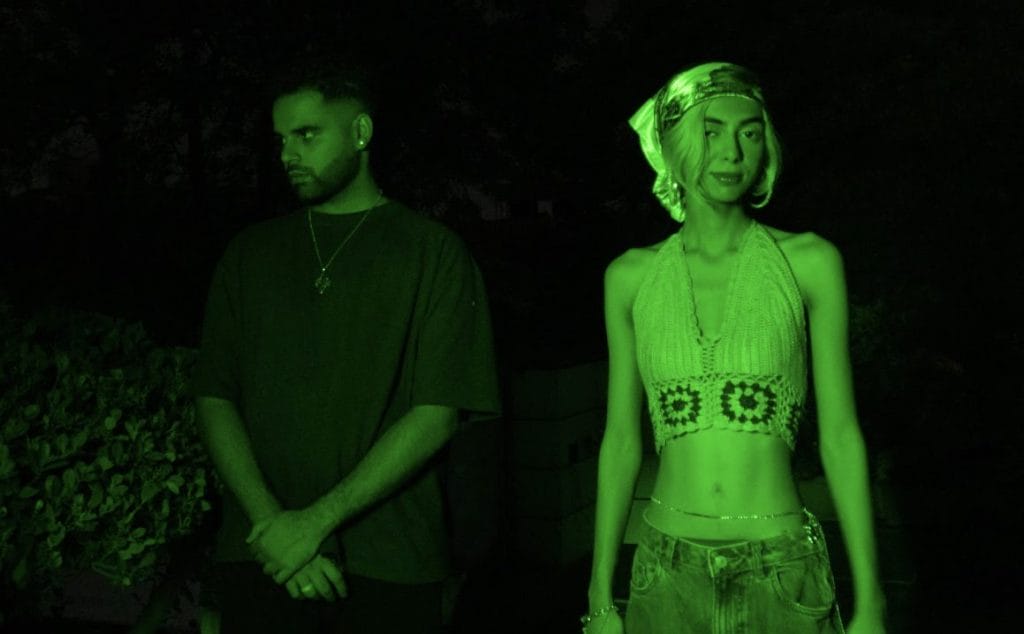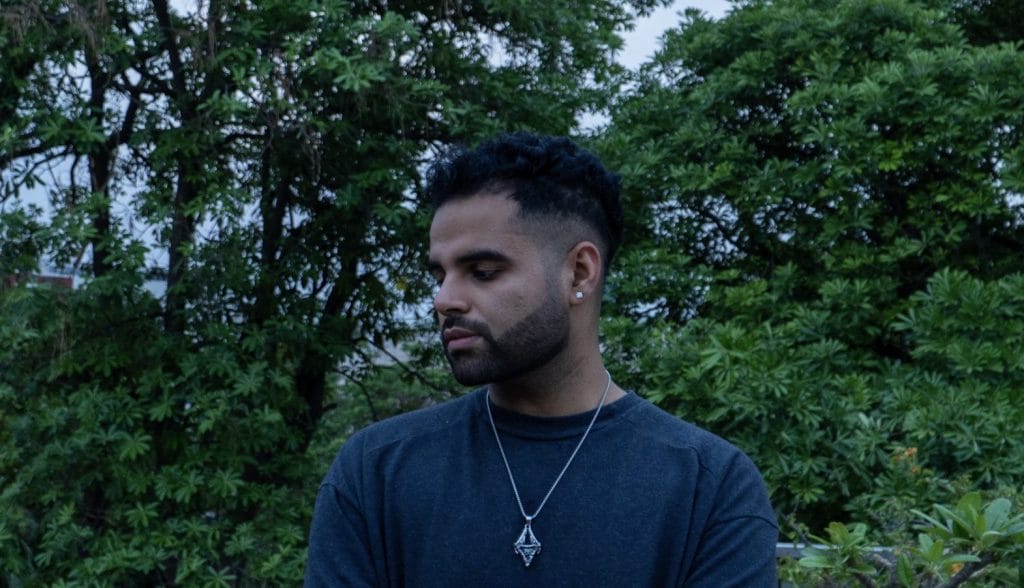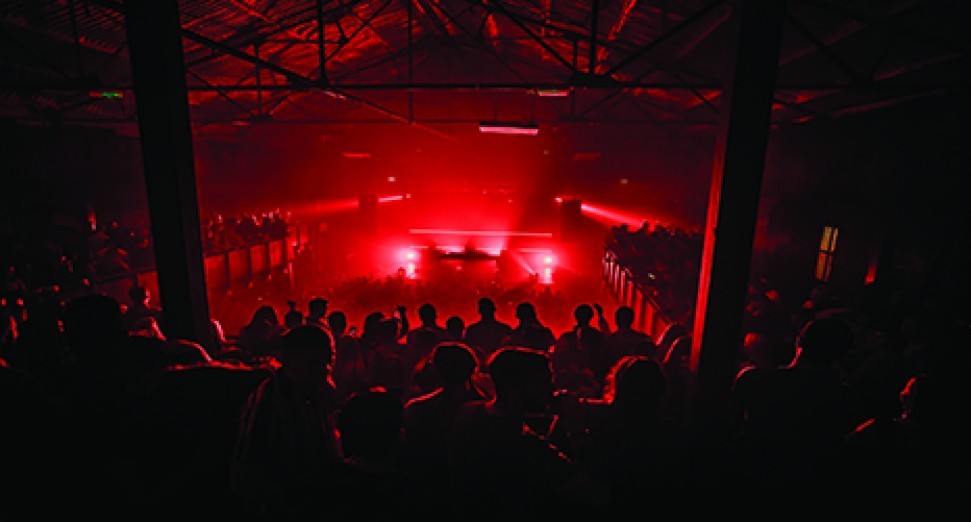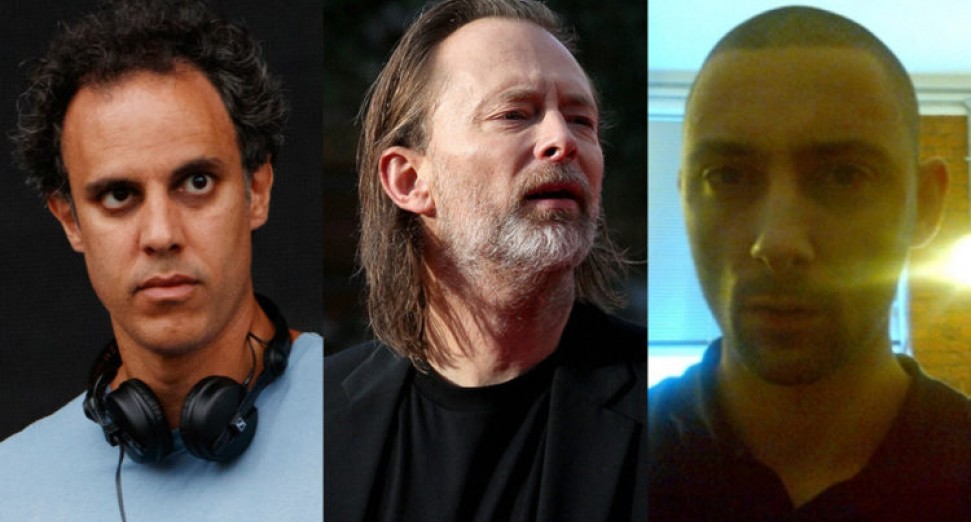
Forget the Metrics—MIRZHA’s Compass Is Built on Curiosity and Care
Bitbird’s create together vol.5 is more than a compilation.
It’s a case study in what can happen when community, curiosity, and care sit at the center of a creative process. This year’s edition features 28 artists from 13 countries, including MIRZHA, who appears alongside collaborator Insowmya on their track “FOREVER.”
In this interview, MIRZHA opens up about burnout, habits that actually make the music better, and the line between instinct and inertia. For anyone trying to stay connected to the work without losing themselves in it, this one’s worth sitting with.
What signs tell you that it’s time to change something in your process—not just take a break?
I think this is a great question, and it’s often difficult to recognize those signs, but over these years, I have strengthened my compass for things like these. I believe it’s when I start making decisions out of habit rather than intention—because deep down, I know I’m not digging as deep as I could.
Habits can be useful, sure, but it’s important to change your approach from time to time if you want to reach a different wavelength in your work. To keep things refreshing and exciting, no matter how uncomfortable it can be sometimes.
I’ve gotten better at recognizing whether it’s my instinct carrying the process, or my patience. And finding that balance is often where my favorite work happens. But if I’m doing things just because they worked on the last project, my subconscious knows I’m being lazy and uninspired. That’s when I know it’s time to change something rather than label it burnout.
What’s the difference between being overworked and just working on the wrong stuff?
If I had one word for it—it’s direction. When I started making music, it was purely out of curiosity. I was fascinated by imagining sounds and expressing them in a DAW. That feeling still drives me.
But once I decided this could be a career, the outside noise started creeping in. People would say, “Make Bollywood remixes,” or, “Make music that’s a little less experimental.” I listened. I made music that was totally boring to me. I wasn’t just physically tired—I was creatively depleted. That’s when I realized I wasn’t overworked. I was just working on the wrong things. Since then, I’ve made it a point to be unapologetically myself.
How do you stay creatively sharp without always being in “output mode”?

Honestly, I don’t think I’ve ever truly been in output mode, as much as I wish I could be sometimes. For me, staying creatively sharp has always been about imagining my work beyond just sound. How do I visualize my music?
Recently I picked up TouchDesigner just to explore how visuals could add another layer. It’s been refreshing to stretch myself outside of audio. When I’m working on a track, there’s usually a story playing in my head—that sets the tone.
Maybe that’s why I don’t operate in pure output mode. I need context and depth to fully realize what I’m trying to express. In a world where consistency is so glorified, I’ve realized genuine expression will always matter more to me than constant releases.
What non-music habits or routines actually help your music get better over time?
In my early 20s, I used to romanticize late-night sessions and sleeping when the world was waking up. But when I moved back to Delhi from Vancouver, I saw how that lifestyle was catching up to me—and affecting the people around me.
This year, I made a shift: sleeping and waking early, working out or doing yoga, practicing stillness. I know ‘self-care’ gets thrown around a lot, but at its core, it’s about being honest with yourself and taking real steps forward.
This new routine helped me understand the difference between motivation and discipline. I’ve realized it’s not about perfection—it’s about showing up with clarity and the energy to follow through.
What do you wish more producers understood about staying connected to the work between sessions?
The more I make music, the more I realize the bad ideas are necessary for the good ones to arrive. Some of my best work started as something that didn’t make sense—until it did.
To stay connected, you have to be okay with the outcome, whether good or bad. If we wear the results too heavily, it’s easy to get discouraged. That’s when self-doubt creeps in.
To quote the Bhagavad Gita: “You have a right to your work, but not to the fruits of it.” That mindset helps me stay rooted in the process. It doesn’t mean I stop trying to improve. It means I’ve surrendered to the process. When something turns out great, amazing. When it doesn’t, I know I’m one step closer to something that will.



